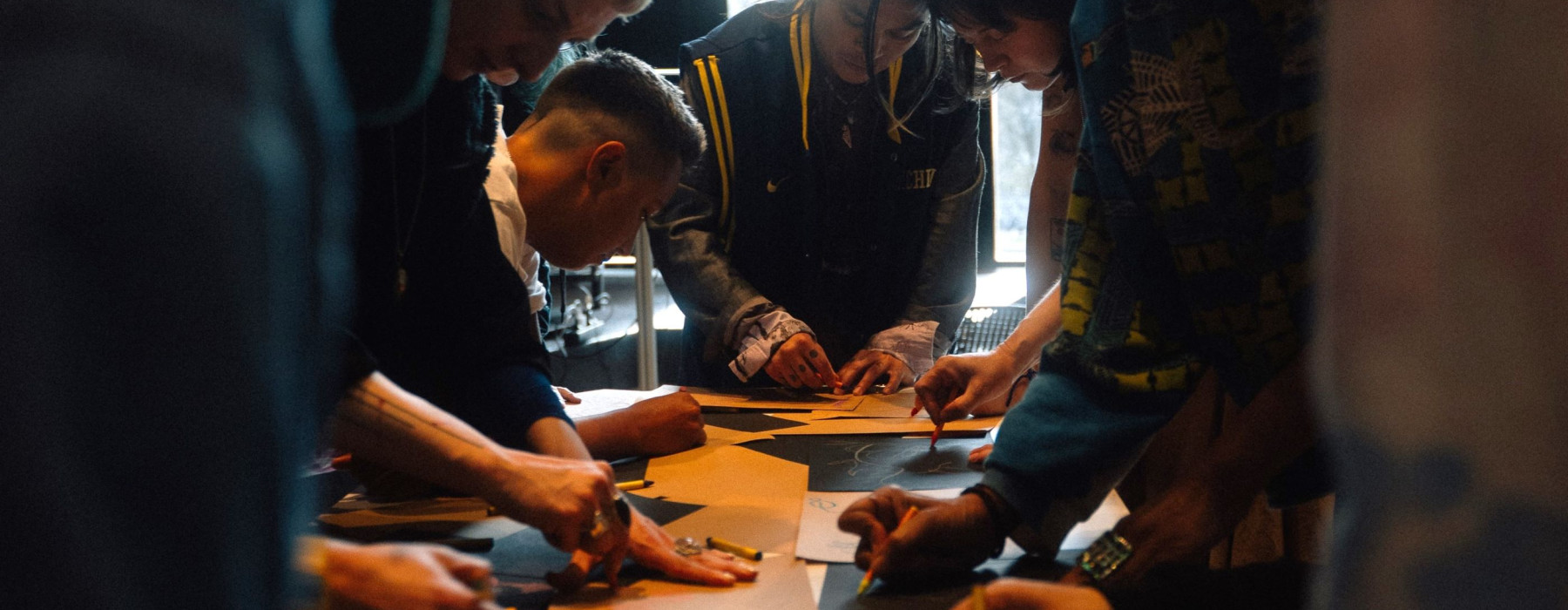
The focus of "Connecting to the Grief under the Rage" is on the relation between rage and grief. At the core of this workshop is the belief that the expression of our outrage over our loss fueled by injustice, is a vital tool for collective liberation. When the fire of our rage ignites from our experiences of injustice, the grief underneath that rage speaks to us about something we loved. How can we tap into the grief underneath the rage? How is the expression of our grief a way of honoring our (ability to) love? Through somatic exercises, working both with sound and movement, our focus will be to both personally and collectively give expression to the feeling of loss. Witnessing one another in these states will be key for kneading the feeling of collectivity and sustaining the energy together.
Save the date: The next two workshops will take place on May 11 and May 25.
